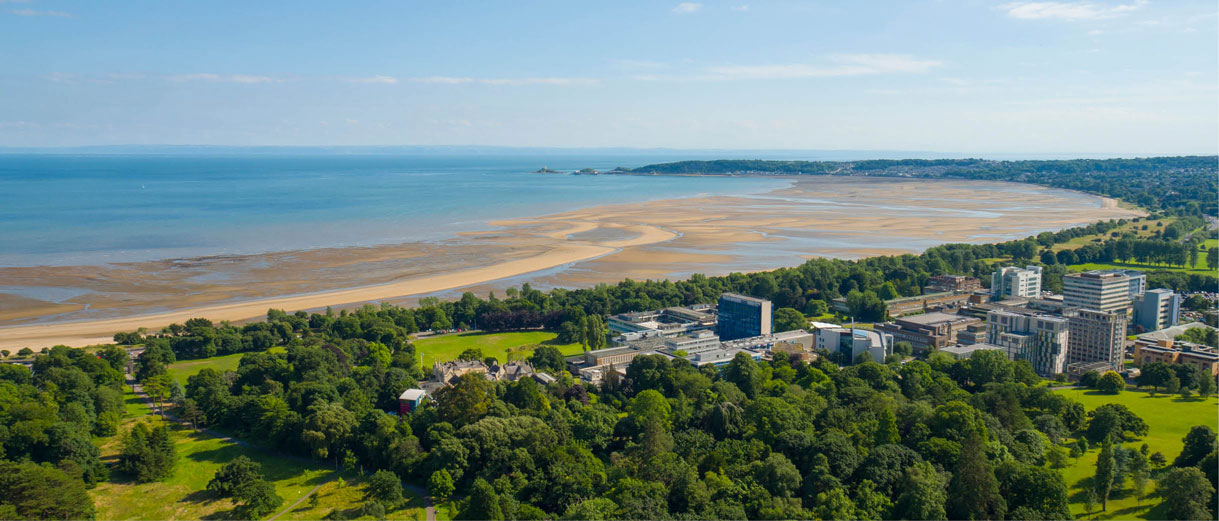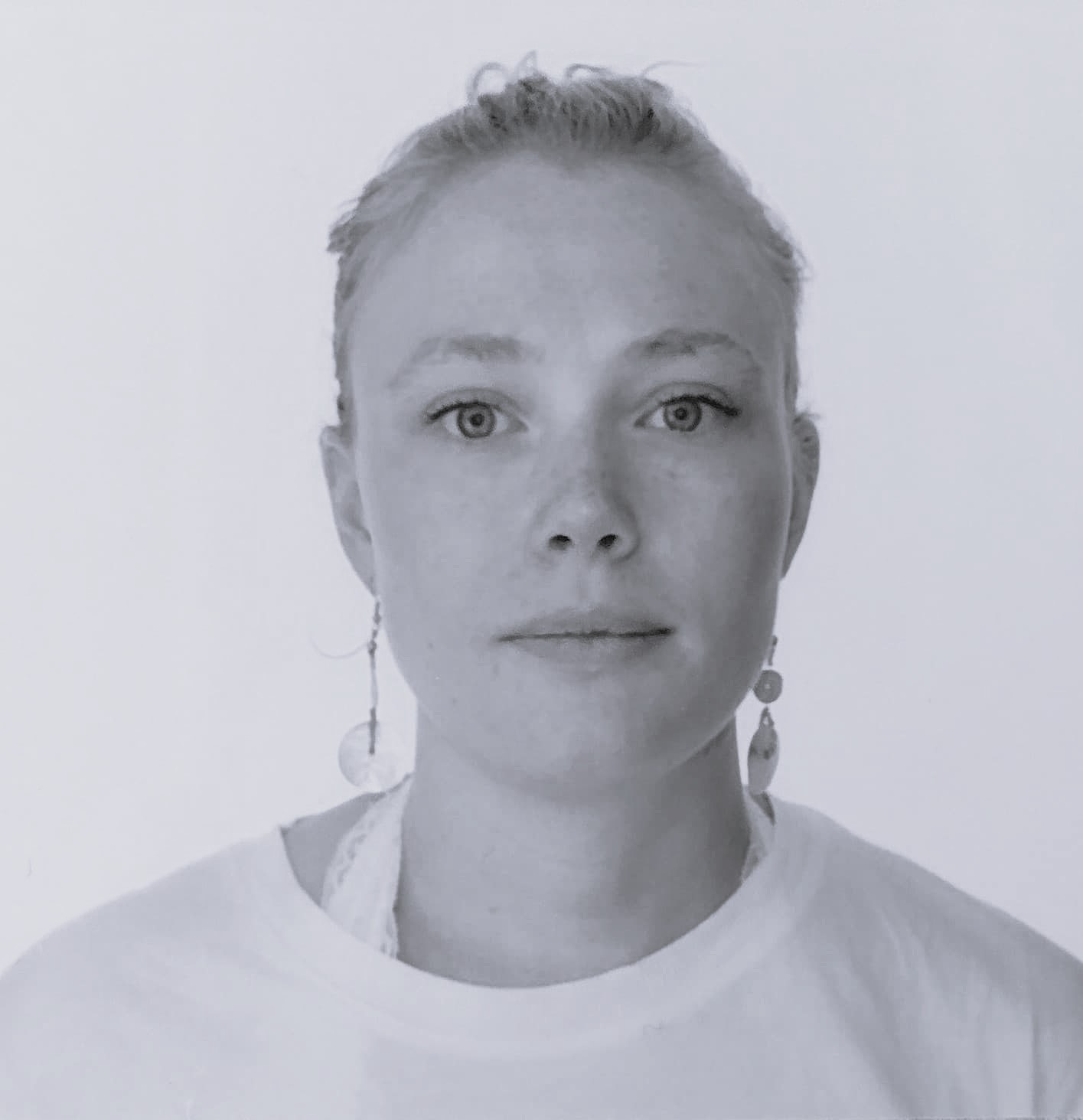-
FY-018
History, Memory and the Creation of Identity
In most human societies, history and memory are important in the creation of identity. For example, consider how recent political debates often involve debates about the relevance of particular strands of history (such as `empire¿) to modern society. This module explores these relationships from the ancient societies of Egypt, Greece, and Rome to the modern world. It is designed to provide Foundation Year students intending to pursue degrees in Classical Studies, Ancient History, Ancient History & Egyptology, American Studies, Medieval Studies, or History with an opportunity to reflect critically on what the past means and how we go about studying it.
-
HI-M38
Themes in History
This module provides an introduction to advanced historiography. It is designed to develop students¿ awareness of traditional historiographical concerns alongside their knowledge current trends and new directions in writing and thinking about the past.
-
HI-M93
The History of Humanitarianism, 1863-1971
Humanitarian agencies work in disaster zones around the world, providing basic necessities such as food, water, shelter, and medicine. Although we mainly think about humanitarianism in the context of recent crises, the institutional response to emergency has been evolving for centuries. This module therefore looks at the historical evolution of humanitarianism. It begins by examining the origins of the modern humanitarian system, focusing on the creation of the International Committee of the Red Cross in 1863. It then charts the key transformations of humanitarian intervention from this point onwards. As humanitarianism moved into the twentieth century, it was linked closely to the emerging notion of universal human rights and to international peacekeeping efforts. It also expanded far beyond wartime assistance to address problems including famine, disease and poverty. Finally, it grew financially as donors rushed to support aid programmes. Whilst it is easy to romanticise such growth, the rise of global relief was not always a smooth ride, and so the module also looks at the problems which aid efforts generated throughout this period. Were humanitarian agencies overstretching themselves operationally? Were they abandoning their morals as their funding and fame increased? Did they ever make matters worse by intervening in crisis, creating a situation where aid in fact exacerbated human suffering? Teaching will be grounded in case studies and examples, looking at organisations including the Red Cross, Save the Children, Care International, Oxfam and Doctors Without Borders. We will also look at specific humanitarian interventions in Soviet Russia, Axis-occupied Europe and decolonising African nations amongst other contexts.
-
HIH122
Making History
How do historians study the past? Why do their accounts of the past differ, and why do they change over time? This module will help you to understand the various concepts, methods, and approaches that academic historians use when writing history and generating historical explanations. By the end of it, you will understand how and why professional historians disagree on many topics, and you will be equipped to evaluate competing interpretations of the same past events and processes.
The module also trains you in the fundamental skills required to study history as an undergraduate, and gives you an opportunity to learn more about the interests and expertise of the history staff you¿ll be working with at Swansea. It will help you make the transition from being taught history at school or college to studying history at university, and it will introduce you to the many different kinds of history you can explore in the course of your degree.
-
HIH122W
Creu Hanes
Sut mae haneswyr yn astudio'r gorffennol? Pam bod eu fersiynau o'r gorffennol yn amrywio a pham ydynt yn newid dros amser? Bydd y modiwl hwn yn eich helpu i ddeall y cysyniadau, y dulliau a'r ymagweddau gwahanol y mae haneswyr academaidd yn eu defnyddio wrth ysgrifennu hanes a chreu esboniadau hanesyddol. Erbyn diwedd y modiwl, bydd gennych ddealltwriaeth o sut a pham bod haneswyr proffesiynol yn anghytuno ar lawer o bynciau a bydd modd i chi werthuso dehongliadau cyferbyniol o'r un digwyddiadau a phrosesau o'r gorffennol.
Mae'r modiwl hefyd yn eich addysgu am y sgiliau sylfaenol angenrheidiol i astudio hanes fel myfyriwr israddedig ac mae'n rhoi cyfle i chi ddysgu mwy am ddiddordebau ac arbenigedd y staff hanes y byddwch chi'n gweithio gyda nhw yn Abertawe. Bydd yn eich helpu i bontio o bwnc sy'n cael ei addysgu yn yr ysgol neu'r coleg i astudio hanes yn y brifysgol a bydd yn eich cyflwyno i'r mathau gwahanol o hanes y gallwch chi eu harchwilio yn ystod eich cwrs gradd.
How do historians study the past? Why do their accounts of the past differ, and why do they change over time? This module will help you to understand the various concepts, methods, and approaches that academic historians use when writing history and generating historical explanations. By the end of it, you will understand how and why professional historians disagree on many topics, and you will be equipped to evaluate competing interpretations of the same past events and processes.
The module also trains you in the fundamental skills required to study history as an undergraduate, and gives you an opportunity to learn more about the interests and expertise of the history staff you¿ll be working with at Swansea. It will help you make the transition from being taught history at school or college to studying history at university, and it will introduce you to the many different kinds of history you can explore in the course of your degree.
-
HIH124
Britain and the World 1800 to 2000
This module will provide an overview of the history of British politics, society, culture, and the economy from c. 1800 to the present, from a national and international perspective. The lectures and seminars for this module will give students the opportunity to engage closely with events, processes, and people - both male and female, from diverse ethnic backgrounds - who contributed to the making of the modern British state and society, and who defined Britain¿s relationship with the wider world. We will discuss the transformative impact of warfare, Empire and colonialism, industrial and technological change. We will also consider the significance of race, class, and gender, and how they relate to national sentiment and social and political emancipation movements in Britain and beyond.
-
HIH237
The Practice of History
The purpose of the module is to encourage you to think more deeply about how historians work and, in particular, about how we as historians can locate and use primary historical sources effectively as a means of interpreting and understanding the past. During the module we will learn about the survival of historical evidence, how it is organised and made accessible to historians to undertake their research, and how to effectively locate and interpret it in your studies. We will consider how the process of doing historical research changes over time, in particular with the impact of recent developments like digitization.
At the core of the module will be the work you undertake with others in your seminar group using a range of primary sources which your seminar tutor will introduce to you. As part of the module assessment you will also undertake your own primary source based research project using items from these collections. The module is designed strengthen your analytical skills and to help prepare you for the more extensive uses of primary evidence which you will encounter in final year special subjects and dissertation.
-
HIH290
Refugees in the Twentieth Century
The twentieth century is often described by historians as `the century of the refugee¿. During a period marked by world wars, regional hostilities, and the rise and fall of empires, the flow of asylum seekers reached unprecedented levels. Today, the figure of the refugee is ever-present: in news articles about international conflicts, in the legislation for new immigration bills, and even in Netflix shows such as `The Swimmers¿. But where has this figure come from, and how can we use history to better understand the topic of asylum? This module looks at the role which population displacement has played in modern history. It explores how the category of `the refugee¿ emerged historically, asking who was and wasn¿t offered international protection across borders at different moments in time. It then examines some of the key crises which sparked refugee movement in the twentieth century, including both World Wars, interwar `population exchanges¿ in Greece and Turkey, and the ending of empire in European colonies such as India. Finally, the module turns to the voices of refugees themselves, examining first-hand accounts of displacement and asking what challenges historians face when trying to access such testimonies. The overarching aim of the module is to address forced migration as a transformative historical process, providing context to contemporary discussions over immigration and showing how displacement has shaped our world today.


